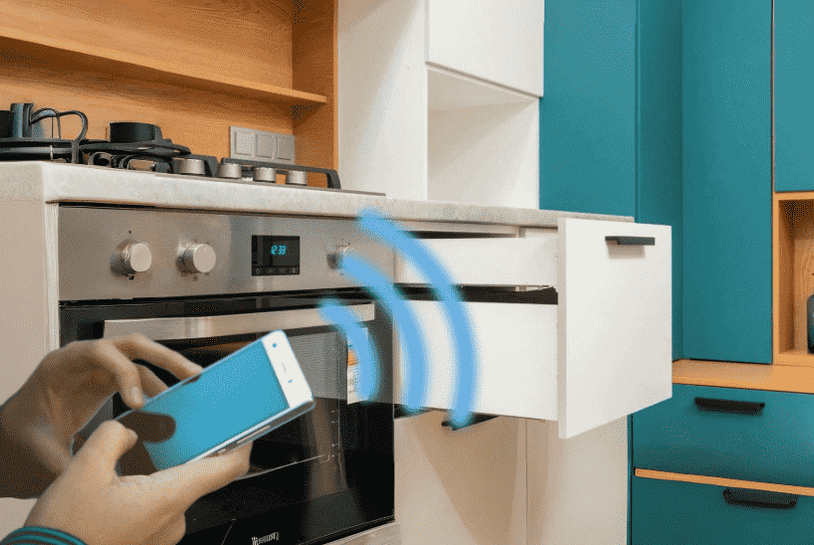Bluetooth locks have become increasingly popular due to their convenience, modern look, and the ability to control access remotely.
However, with any smart technology especially those tied to security, one common concern arises: can Bluetooth locks be hacked? It's a question many homeowners and business owners who rely on these locks for everyday security ask themselves.
At the core, Bluetooth locks are protected by usernames and passwords just like computers and phones. These safeguards create a layer of defense that keeps unauthorized users from accessing your lock.
In addition, our high-quality Bluetooth locks often come equipped with strong encryption, which scrambles the communication between your phone and the lock to prevent hackers from intercepting data.
App security also plays a major role. To connect with our Bluetooth locks, we recommend downloading the free app, "TTLock," available on both Apple and Android devices.
The TTLock app uses built-in encryption to keep hackers out, and you must have a registered username and password to access your account. This added layer of protection ensures that only authorized users can control or manage your locks.
So, can Bluetooth locks be hacked? Technically, yes—just as any lock, digital or mechanical, can be bypassed under the right (or wrong) circumstances. However, with strong encryption, reliable firmware updates, and thoughtfully built software, high-quality Bluetooth locks are very secure for everyday use.
The risks are minimal when you choose a reputable product and follow the best practices for maintenance and access control.
Ultimately, Bluetooth locks offer a blend of security and convenience that traditional locks can’t match. By selecting a trusted brand and staying on top of updates, you can enjoy the benefits of smart security without sacrificing peace of mind. This makes Bluetooth locks very appealing for homeowners and business owners

